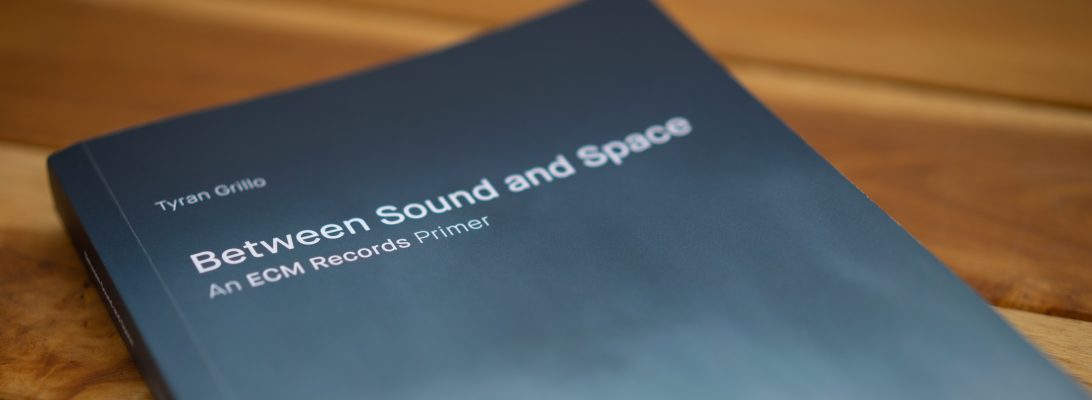
An intimate portrait of a pianist and composer at the height of his career, produced and directed by Charlotte Lagarde and Carrie Lozano, this documentary polishes facets of Hersch’s life that may be less obvious to casual fans. Viewers are introduced to Hersch as he descends the stairs of New York’s Jazz Standard to set up for a performance. From a web of starts, stops and stolen glances, the sound of a musician who now stands among the giants of jazz piano takes shape.
In the words of music critic David Hadju, one of a handful of advocates interviewed, “Fred’s music is borderless” and the film shows that characterization extending further to his personality. As one who embodies the art of improvisation outside the cage of performance, Hersch is invested in the outcomes of jazz beyond boundaries. It’s there in his organic mosaic of traditions and influences, in his willingness to work with a variety of musicians and in his activism as an HIV-positive gay man. The latter point, largely yet respectfully stressed throughout, is vital to understanding his music’s river-like qualities, which constitute nothing less than an ode-in-progress to life itself.
Nowhere is this so boldly expressed than in his My Coma Dreams, the preparations for and premiere of which dominate this documentary’s second half. Inspired by a series of vivid dreams Hersch experienced after an infection forced him into a coma in 2008, this multimedia work employs speech, video projection and live musicians to tell the story of his recovery. As pianist Jason Moran points out, however, more important than Hersch’s brush with death are the ways in which this magnum opus underscores his historical importance as a torchbearer of jazz’ reckoning with hardship. It’s a message underscored by his biography, which the filmmakers uncover through interviews with his mother Florette Hoffheimer and partner Scott Morgan, but also by his tireless mission to treat music as reality over fantasy. Hersch is keen on acknowledging the specificity of any given performance as an event and hopes that listeners may do the same in return.
((This article originally appeared in the January 2017 issue of The New York City Jazz Record, of which a full PDF is available here.)

